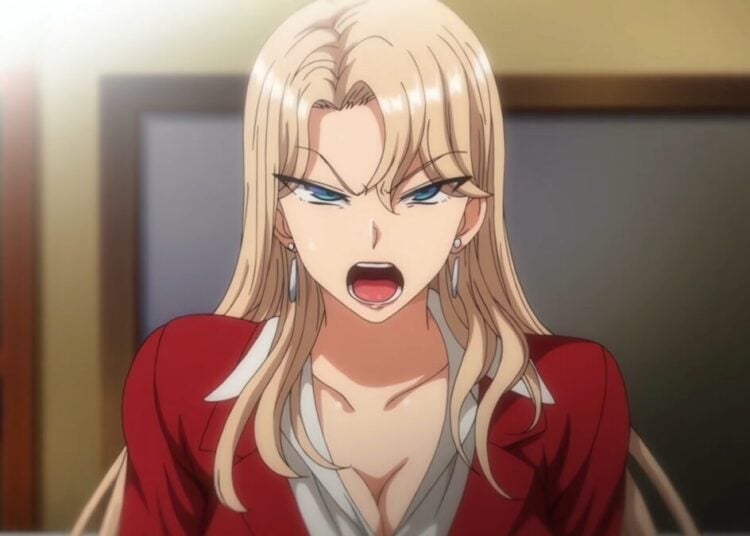One word that’s become a staple of discussions on the Internet is “problematic,” which in our modern age has come to describe things that aren’t 100% approved by the more sensitive elements of society. In today’s post, let’s look at some of the anime series that some describe as “problematic anime” and explore why they might be awesome!
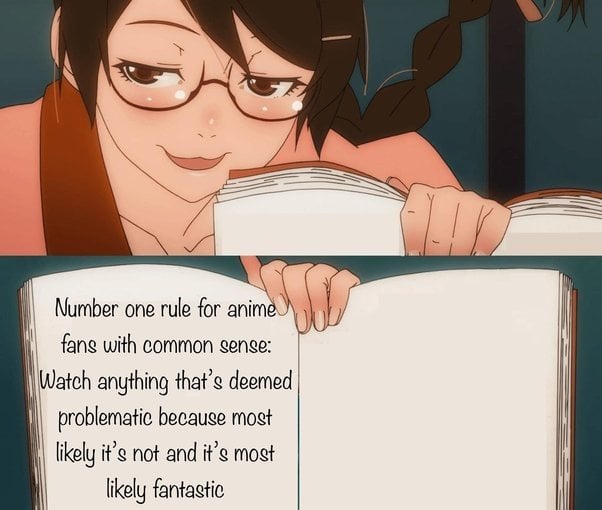
Where Did the Word “Problematic” Come From?
The Internet tells me that the modern use of this term emerged around 2011, essentially meaning “not in line with the way some people think the world should be or something that was once considered okay but which no longer is.”
Everyone reading this has already decided where they sit on the political scale, but my internal definition of Living a Well-Considered Life® is that we should all take a moment to consider viewpoints other than the ones we already hold, just in case they have a point. After all, if you’re unable to change your own views if presented with a good argument, you’re just living your life automatically, according to internal scripts you’ve installed inside your brain.
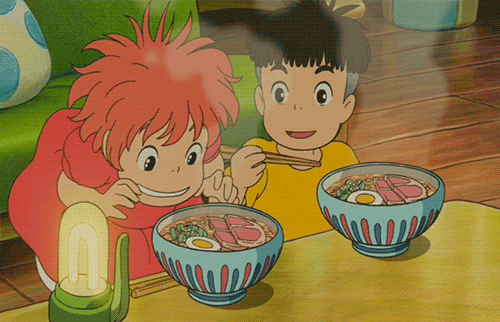
I often think about why we like or hate different things. If you like spicy food, why? It probably depends on how it was first introduced to you and what kind of dopamine/serotonin reaction your brain provided for you. Some cultures (Indian, Mexican, Thai) embrace spicy food more than others, which plays a role, too. If you dislike organized religion, why? Again, it seems like it’s a combination of the negative or positive social feedback you got over an extended time period, as well as how welcome or unwelcome being around people from that group made you feel.
What did I learn from watching the Korean remake of Criminal Minds? Blog post here!
Language and dialects probably work the same way. If you pronounce a word in a way that gets you mocked by groups you feel connected to — perhaps they’re fans who, for some odd reason, insist that anime and hentai are entirely separate things, rather than hentai being a sub-grouping of the wider category of anime — you’ll probably alter your speech to get in line with that group or find another group of people to hang with. I can beg people to not pronounce the “x” in Spy x Family or to say Evangelion with a hard “g” in the middle, but I know people will always pronounce words in whatever way to avoid embarrassment in front of their peers.
What Do People Find Problematic in Anime?
There’s a huge range of what people can object to in anime, depending on whatever political baggage they happen to be carrying. Some elements of “problematic anime” include:
- Some point out that women can be objectified in stories to suit male fans. As if every other form of media, from superhero comics to video games to movies, didn’t depict idealized characters to make the story more fun.
- Some people are extremely sensitive to slapstick violence common in some shows. Perhaps these people should pick other shows to watch?
- Anime stories don’t conform to the newest political topic people are on fire about this week because, of course it doesn’t. Japan is very different from the U.S./Norway/Canada/wherever and will hopefully never feel the need to change for our sakes.
- Anime is popular, so complaining about it loudly will get more clicks to your blog or Instagram account. Most people complaining about anime are not fans but trolls pretending to be fans.
- How could a short university student with large breasts even exist?! I literally cannot even.
A List of Problematic Anime
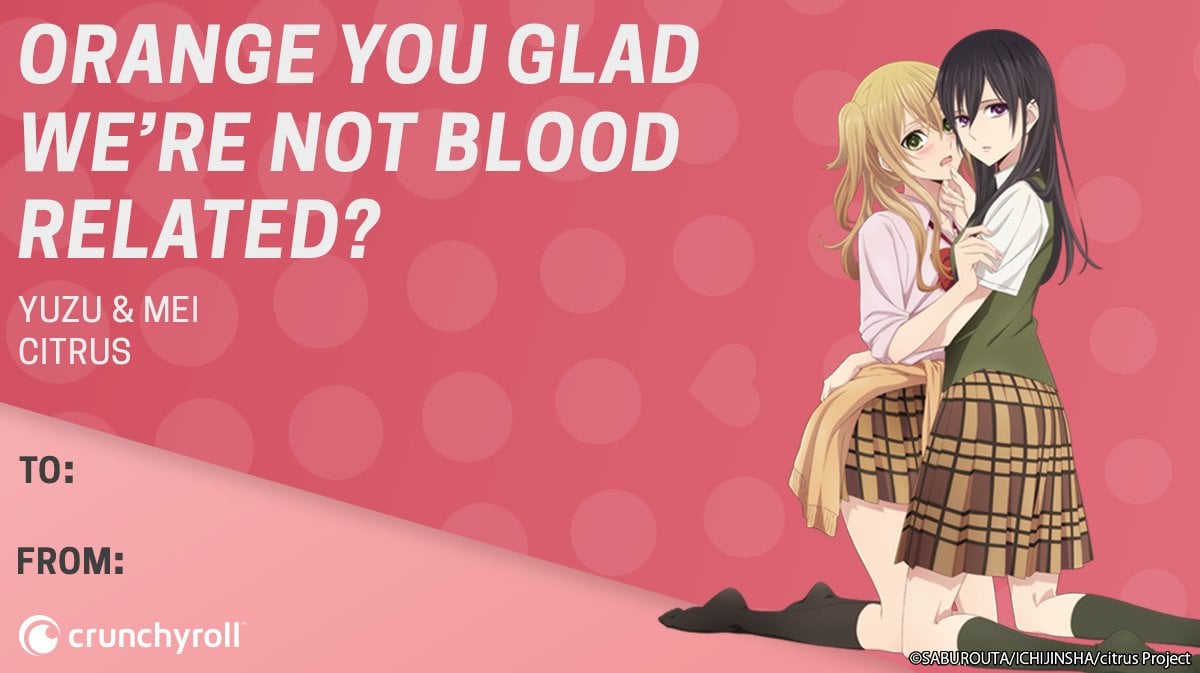
Citrus. One of my favorite yuri manga caused a big stir when the anime came out, and many (apparently non-anime watching) fans tuned in only to be shocked by the story. Show a brother and sister having unprotected sex (Yosuga no Sora), and no one bats an eye. But push a girl down on the bed and kiss her dramatically, and everyone loses their minds.
Who are the best anime lesbians? See our ranking here!
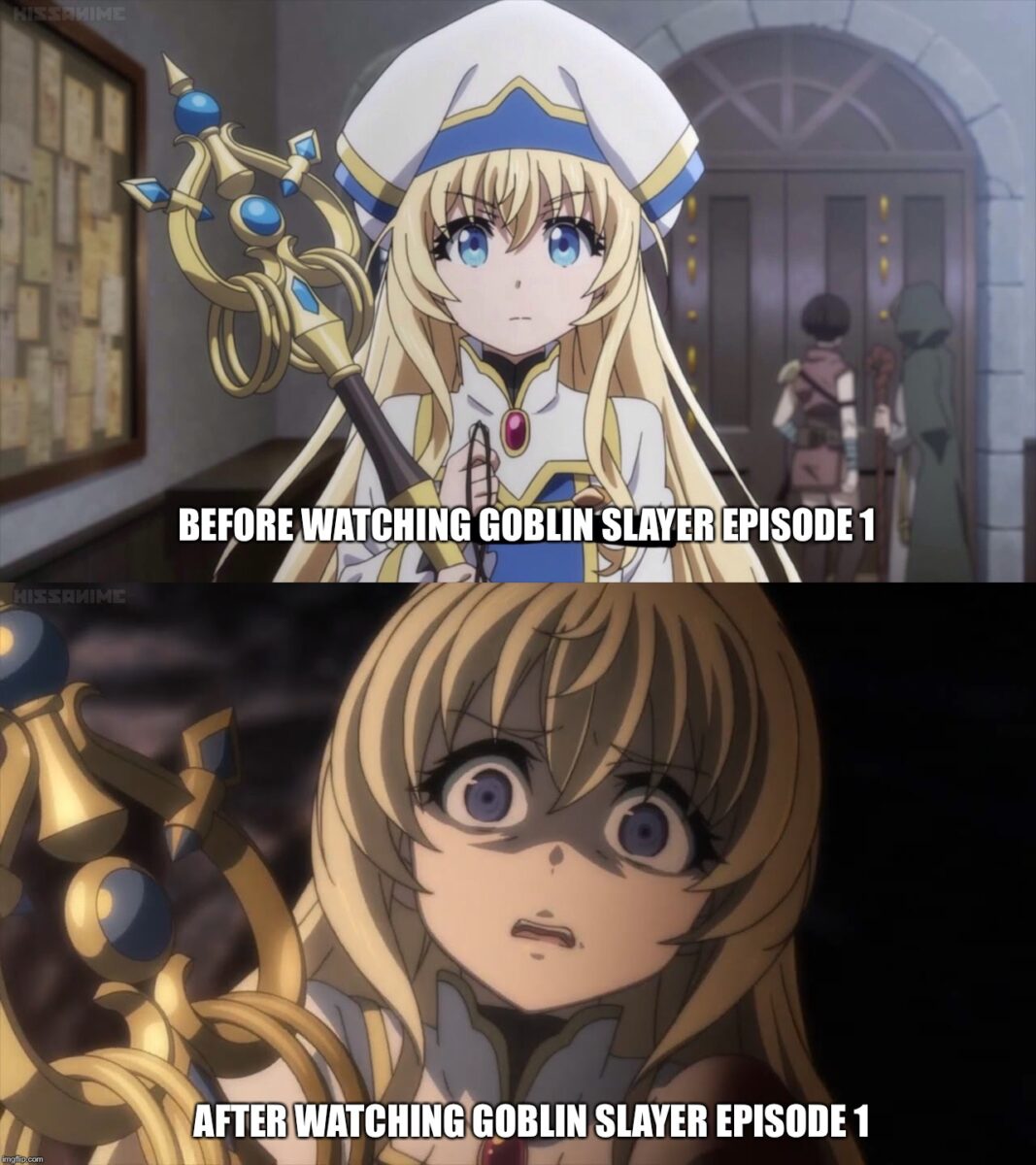
Goblin Slayer. The show that brought dramatic adult themes to the fantasy genre caught a lot of flack for its dark story and visuals. But it was told a well-structured story and had a lot of character building absent from many inferior series.
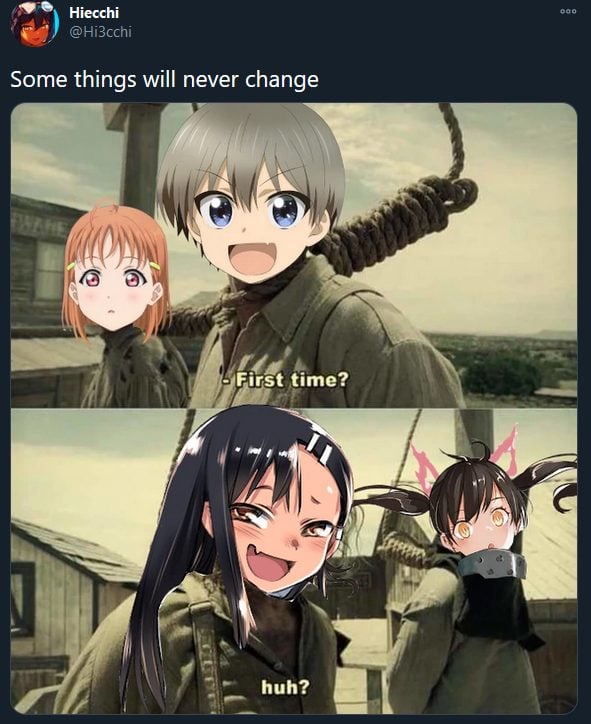
Uzaki-chan Wants to Hang Out. One of the most bizarre reactions Twitter had to an anime was Uzaki-chan. Just like our parents who complained about the heavy metal music we listened to because “all heavy metal music is Satanic,” they clearly had no idea what they were talking about.
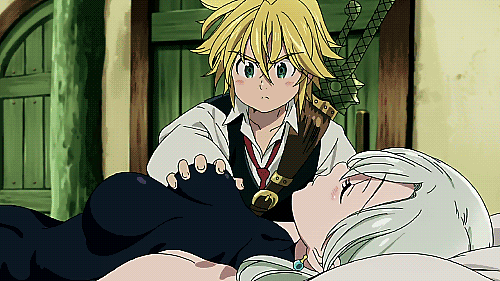
The Seven Deadly Sins. Then there’s the tendency of people to extrapolate that every anime is bad because of one particular show. I’ve had someone argue that “all anime depicts sexual harassment” because this one show (and only this show) does.
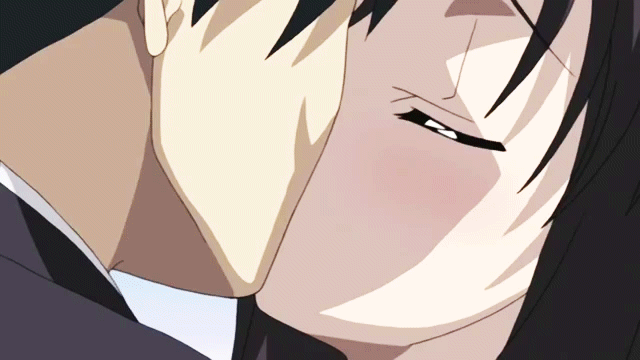
School Days. I’m positive that some fans hate NTR today because of their strong reaction to the School Days anime. Of course, this ending is not found in the game, and there are 21 (mostly non-violent) endings in School Days and 35+ (all non-violent) endings in Shiny Days. Also, it’s fucking School Days? Having yandere/violent endings is kind of the point.
JAST USA’s summer sale ends in two days. Get School Days and Shiny Days at a big discount here!
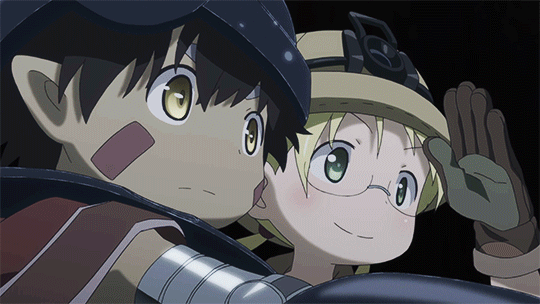
Made in Abyss. Although it’s the most incredible adventure story since Castle in the Sky Lapta, some off-color sexual jokes are made here and there.
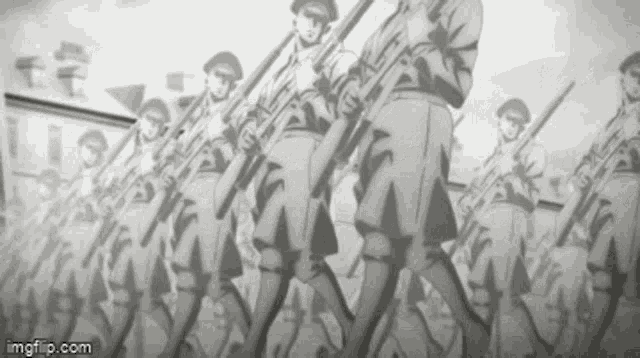
Attack on Titan. What started as a bold series about people inexplicably living in a walled city where they’re preyed upon by mindless giants took an unexpected turn into commentary on WWII and fascism in season 4. I didn’t mind this and found this part of the show entertaining since I can separate fictional stories from reality. Besides, without the visual imagery of WWII we wouldn’t even have Star Wars.
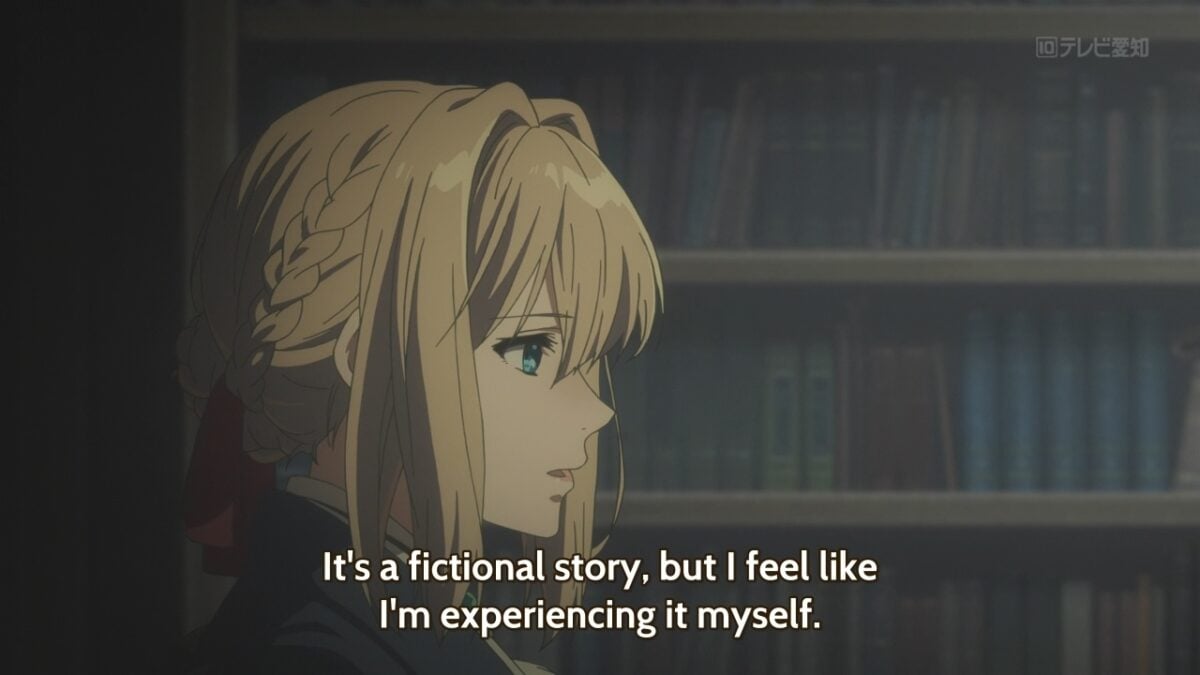
Fiction Should Be Free to Tell Any Story
In the end, most of us would probably agree that creators should be 100% free to tell any story they want, and the whole reason some of us watch anime is because of that freedom. The good thing is that there are 200+ anime series released each year, with everything from sports to pure idol to giant robot shows, many having zero fanservice of objectional elements. Hopefully, these folks can find some non-problematic anime to watch!
Thanks for reading this blog post exploring problematic anime. Got any comments or feedback? Post them below, or reply to us on Twitter!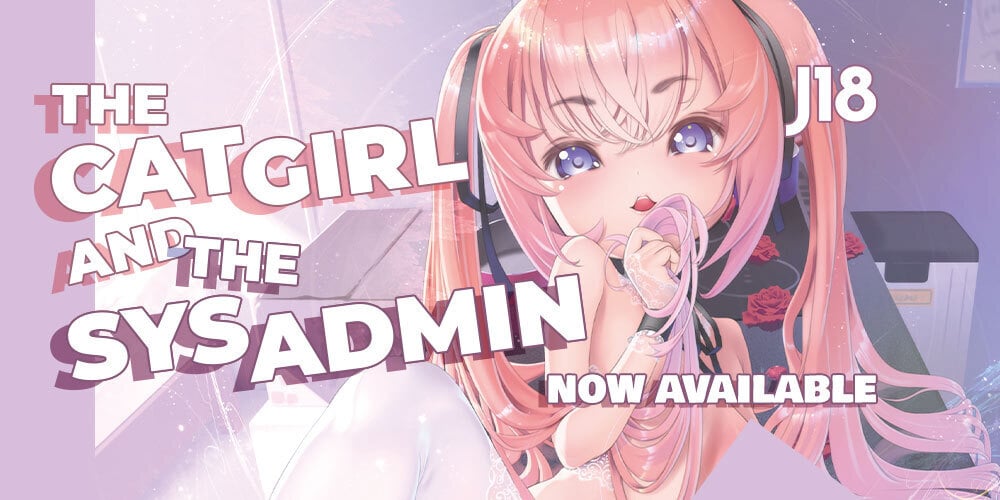
J-List’s sister company J18 Publishing has been hard at work pumping out quality hentai doujins for your collection. We’ve got lots of great new books on the site for you today, including a sexy story about a catgirl and a lucky sysadmin. Browse them all here!


